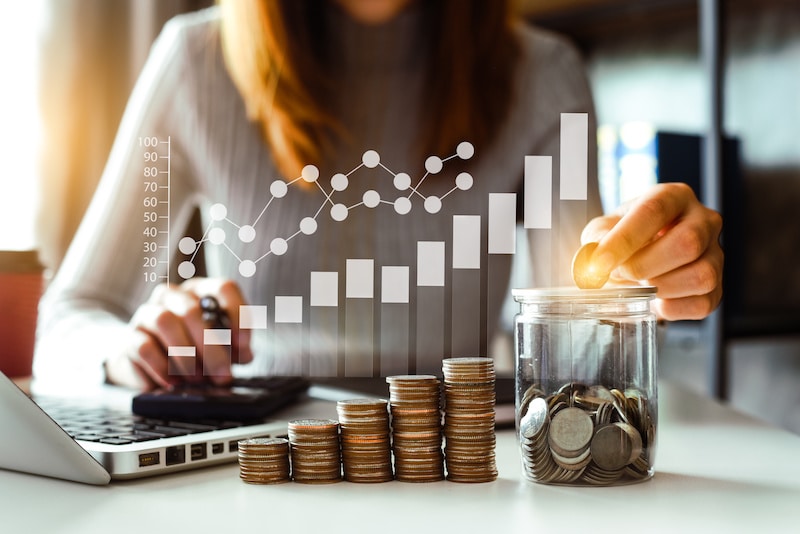COVID-19 is not the first world event to negatively affect the stock market, and it’s fair to predict it won’t be the last. Your grandparents, and certainly your great-grandparents, vividly recall the great depression of 1929.Your parents suffered through 1987’s “Black Monday,” and youmight be old enough to recall the “dot-com bubble” bursting in 1999 and 2000. A decade ago, we watched as the collapse in mortgage-backed securities triggered a “Great Recession.”Meanwhile, through all these upheavals, we continue to experience the longest bull market in history.
Event-driven investing attempts to take advantage of “mispricing” in a stock, or even in the stock market as a whole, right before or right after some event has taken place:
- You learned a company is having some problem, which you believe is only temporary, and you decide to take advantage of a “bargain.”
- There’s talk of a company being taken over by a bigger company, but you believe that isn’t going to happen.
- There has been a natural disaster in the area which is (you believe temporarily) affecting companies headquartered in that area.
- You’ve read that the Fed is coming out with an interest rate announcement which you believe will help certain industries and boost their stock price in the immediate future.
- Rumors of a takeover have negatively affected a company’s stock, as some believe the merger will not occur.
While event-driven investing strategies such as these are actually used mostly by large institutional investors such as hedge funds and private equity groups,as individuals,
we are bombarded daily with news, social media posts, talking heads, reports, tips, opinions, and advice. Pre-election and post-election, pundits predicted extremes on both ends of the spectrum. All the “talk” tends to engender fear and excitement, neither of which may lead to astute, long-term investment decisions.
Looking back over the 2010s, for example, there were numerous “events” and developments of note, any one of which might have tempted us to abandon our long-term asset allocation goals and “chase” what seemed to offer opportunities for quick profits:
- debt ceiling crisis of 2011
- Facebook’s IPO
- oil prices collapse
- cryptocurrency
- robo advisors
- dual-class shares
- trade wars
- China’s devalued currency
- Brexit
- cannabis legalization
The present decadewas launched with the big “event” of the presidential election.There continues to be widespread speculation about the degree to which the new administration’s policies will cause dramatic market changes.
The big problem with event-driven investment decisions is that we tend to be swayed by excitement and fear, and plenty of both surrounded the election results.
Legendary investor Warren Buffet, CEO of Berkshire Hathaway, is an example of a non-event investment decision-maker. No matter what happens, “we will buy the same stocks today that we were buying last week,” Buffett told a CNBC interviewer. “We aren’t buying because of what’s going to happen next month or next quarter, but because we think they’ll be good business ten years down.” What’s more, Buffett advises investors, “If you aren’t willing to own a stock for ten years, don’t even think about owning it for ten minutes.”
The lure of event-driven investment decision-making? The sense of being in the driver’s seat, of “making things happen rather than merely watching them happen.”As Buffett understands making things happen, however, the real value for individual investors is taking the long-term view, learning from the past and looking ahead towards the future.
To accomplish this, there are many innovative portfolios and strategies that both individual investors and institutions can utilize.






